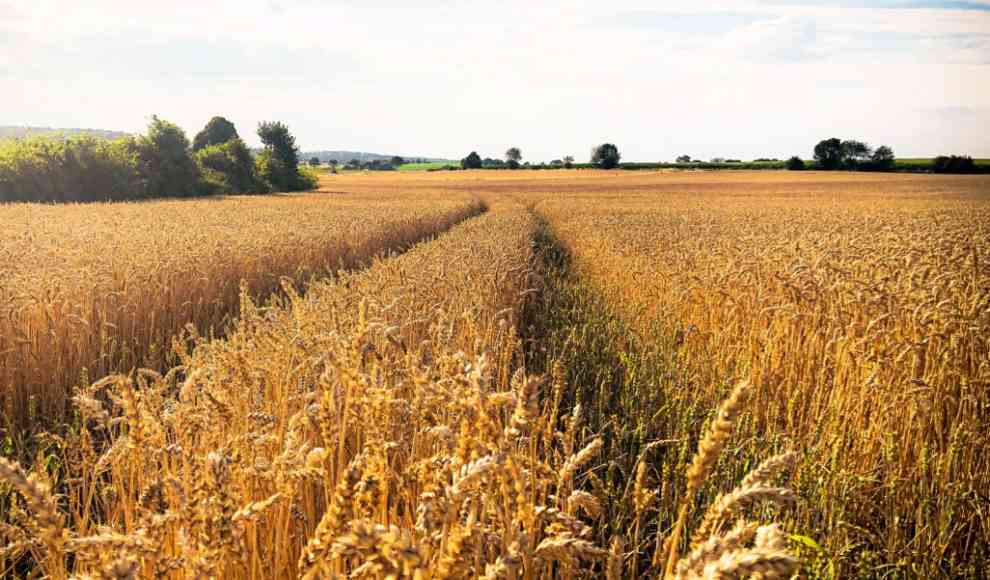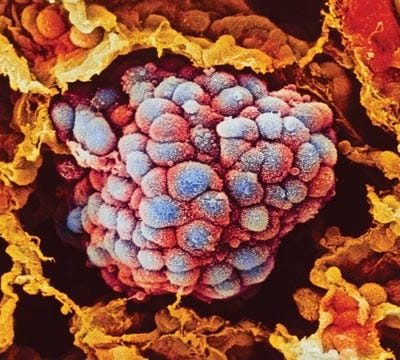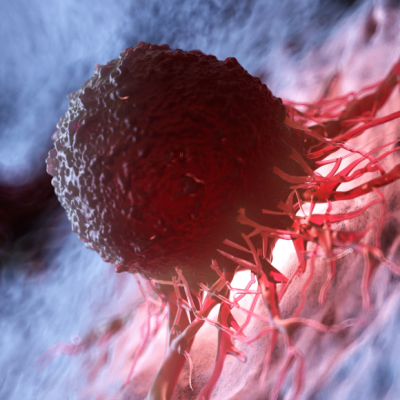The European Union (EU) has once again deemed the use of the controversial pesticide glyphosate safe for use, despite strong criticism from the public and numerous scientists. This decision comes despite the International Agency for Research on Cancer classifying the substance as “probably carcinogenic.” However, a researcher from Austria has taken a closer look at the studies that led to the EU’s decision and found them to be highly questionable and outdated.
Siegfried Knasmüller, a cancer researcher from Vienna, strongly doubts the safety assessment of glyphosate by EU authorities. He criticizes the toxicological assessment studies of the pesticide, stating that they are questionable and outdated. Knasmüller analyzed 53 of the studies used by the EU approval authorities to assess possible genetic damage caused by glyphosate. These studies were kept confidential for a long time due to alleged trade secrets of the company. However, in 2019, the European Court of Justice in Luxembourg ended the confidentiality due to an organization’s pressure on the authorities to release the documents.
Knasmüller describes the studies that are supposed to prove the alleged safety of glyphosate as a disaster. The deficiencies in the studies were endless, with most of them not meeting the OECD standards in 2014. While the state inspectors considered around 85% of the genotoxicity studies acceptable, the cancer researcher only considered 4% as objective and reliable. Despite this, the Berlin-based Federal Institute for Risk Assessment (BfR), responsible for risk assessment on behalf of the EU, deemed most of these tests “acceptable” in 2015. The EU has re-approved the use of glyphosate until December 15, 2022, after which a decision will be made on whether the controversial pesticide can continue to be used.
In conclusion, the EU’s decision to approve the use of glyphosate has been met with criticism from experts who have analyzed the studies used to support the decision. The questionable and outdated nature of these studies raises concerns about the safety of glyphosate, which has been classified as “probably carcinogenic” by the International Agency for Research on Cancer. The debate over the safety of glyphosate is likely to continue, with experts calling for more reliable and objective studies to be conducted to assess the risks associated with the use of this pesticide.










